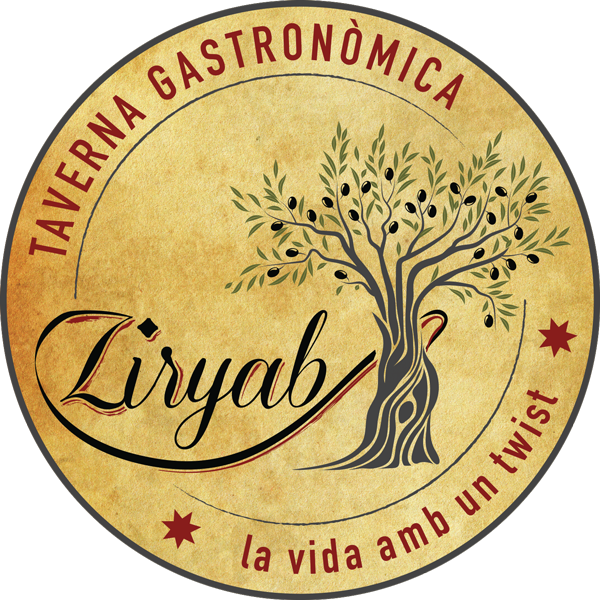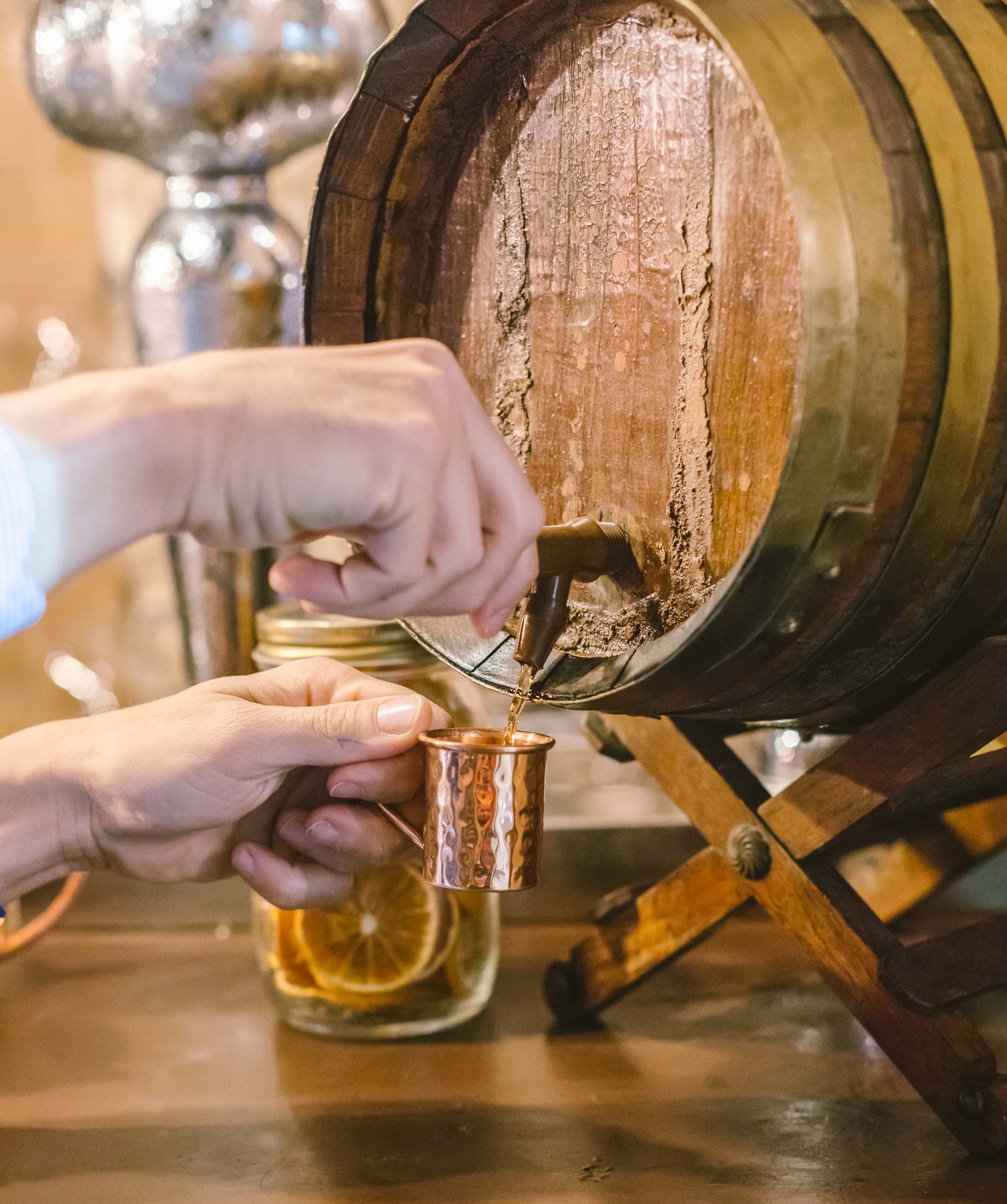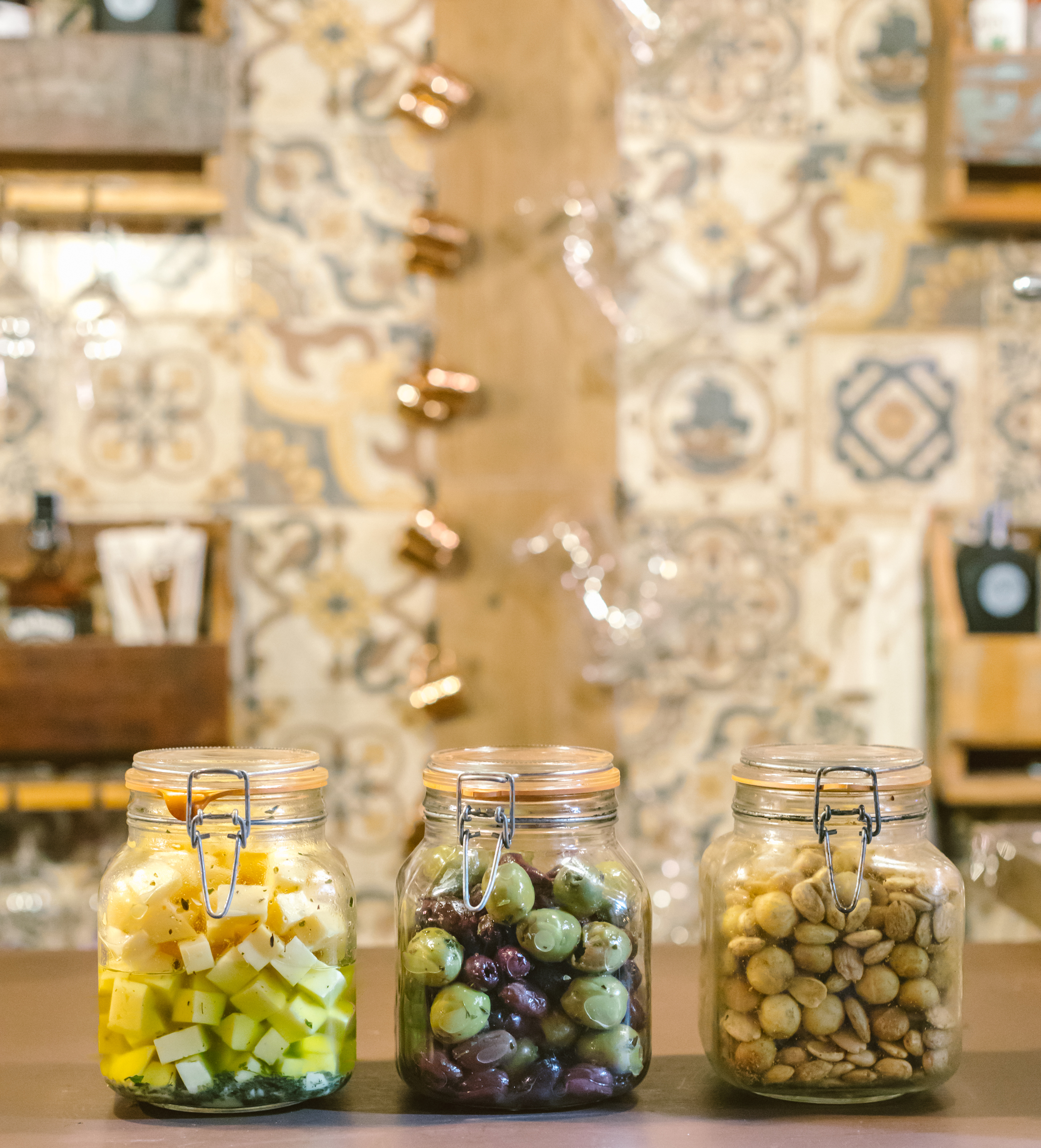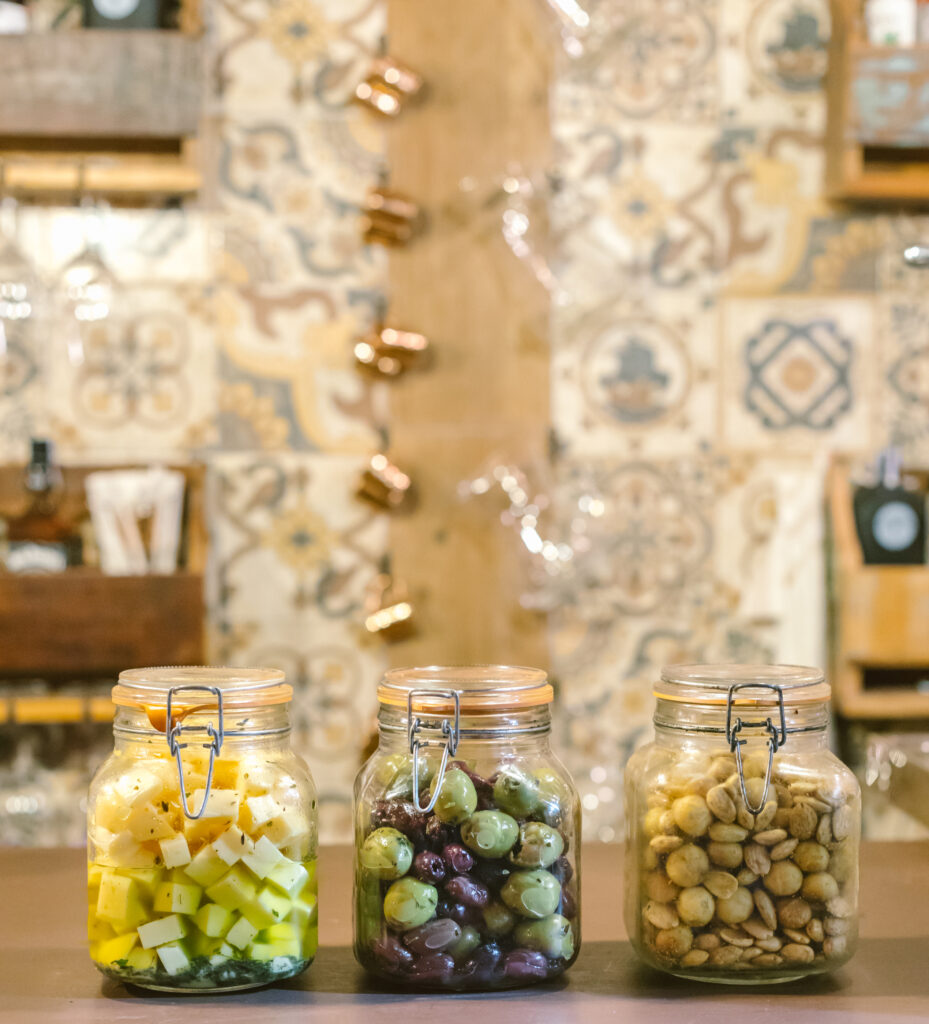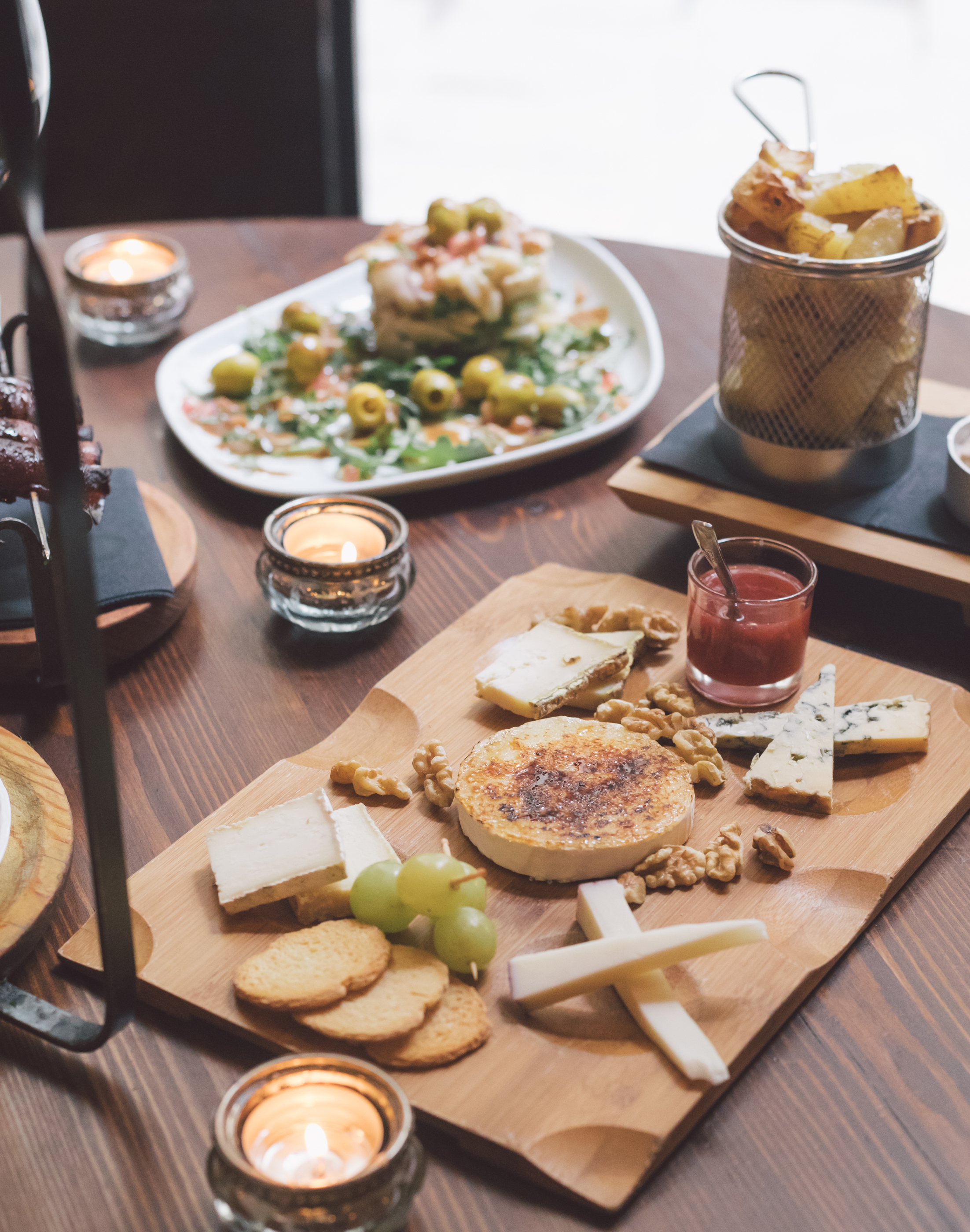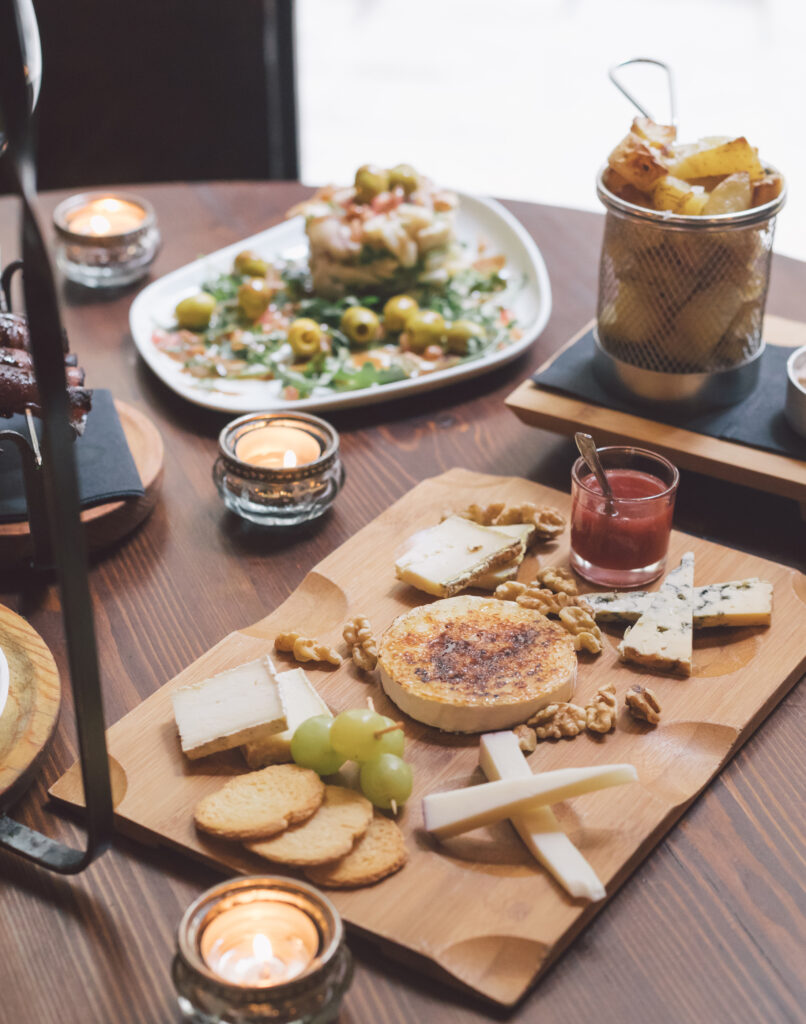Craft vermouth is enjoying its golden age in Barcelona. Far from being just an aperitif, it has become a social ritual that links centuries‑old wineries, small cooperatives and creative bars such as Ziryab’s. In this guide we gather everything you need to master its world: origin, aromatic styles, unmissable routes and pairings with select bites that bring out every nuance.
Origin and revival of craft vermouth
The word vermouth comes from the German wermut (wormwood), the herb that defined the first wines macerated with botanicals. Catalonia adopted it in the mid‑19th century; the wineries of Sant Antoni sold it by the litre to neighbours who drank it on Sundays before lunch. With the arrival of soft drinks and beer, consumption waned, but the craft wave of the last decade has rescued it. Today, micro‑producers make limited batches with local grapes—macabeo, xarel·lo, white grenache—organic cane sugar and proximity botanicals.
Flavour profiles: how to spot them
Vermouth is classified by sugar level and aromatic profile. Knowing these categories helps you pick the ideal aperitif:
- Catalan red: mahogany colour, medium sweetness and bitterness from wormwood and gentian; notes of cinnamon, vanilla and orange peel.
- Dry white: straw hue, residual sugar < 30 g/l; Mediterranean herbs (rosemary, thyme), white pepper and a saline finish prevail.
- Mediterranean rosé: rosé grenache base, red fruit and a light citrus bitterness; ideal for those seeking floral freshness.
- Aged reserva: matured in oak or chestnut for at least 12 months; toasted caramel, nuts and sweet spices over a balsamic backdrop.
The vermouth trail in Barcelona: neighbourhoods and wineries
From Gràcia to Poblenou, the city offers taverns with their own taps and small vermuterías serving straight from the barrel. Sant Antoni keeps the Sunday tradition alive; in Poble‑sec, venues mix modernist labels with urban murals; El Born, our neighbourhood, drinks from port heritage and reinterprets it with local ingredients.
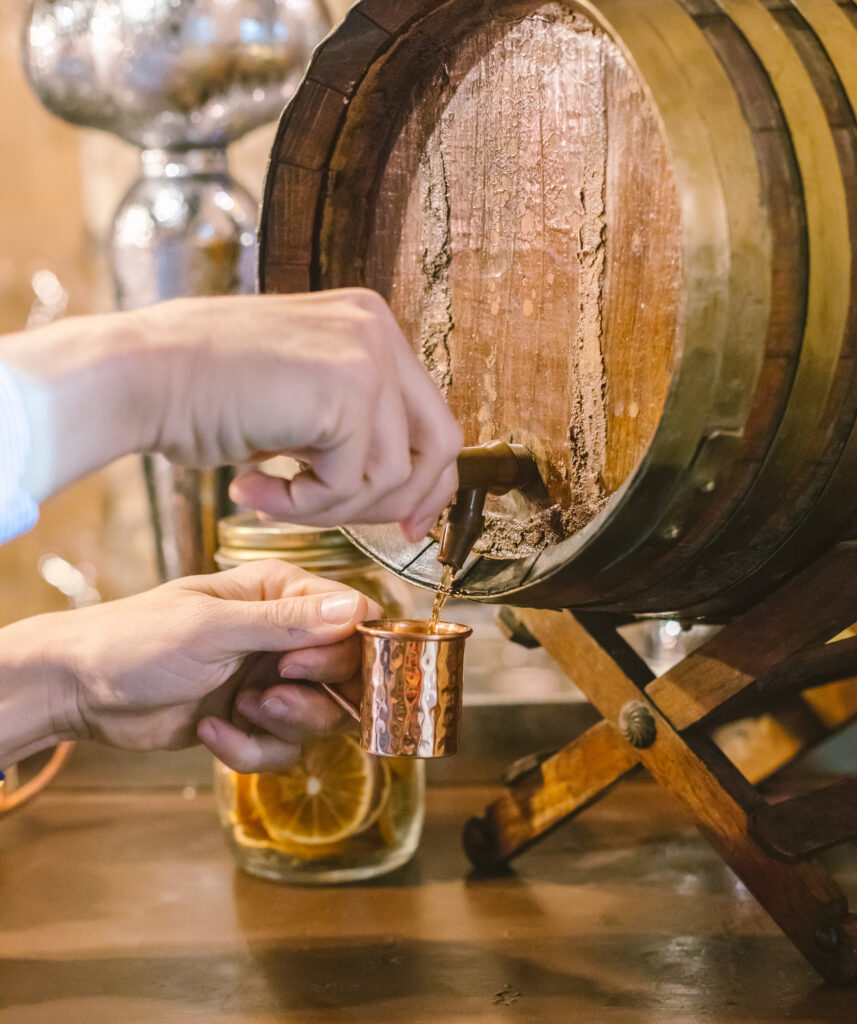
Essential stops
- Bodega 1900 on Paral·lel, a project by the Adrià brothers that revives old‑school recipes.
- Casa Mariol in the Eixample, famed for its black vermouth made from macabeo and 160 botanicals.
- Vermutillo del Born opposite Santa Maria del Mar, with a 600 L oak barrel that brings an almond note.
- Ziryab, where the shaker fuses mixology and tradition: every Sunday we tap a different keg for guided tastings.
The “fer el vermut” ritual at Ziryab
At our bar we serve vermouth at 6 °C in a low glass with a solid ice cube, blood‑orange peel and an arbequina olive stuffed with almond. Each round comes with aromatic whispers: we mist wormwood essence on the rim to heighten the retronasal phase. Bottles are stored upright in an underground cellar at 14 °C with controlled humidity, and we rotate stock weekly to pour only fresh batches. Those who want to dive deeper can book the Vermouth & Bites Experience (https://ziryab.es/).
Gourmet nibbles that pair with every vermouth
- Catalan red + anchovy‑piparra‑olive gildas: the bittersweet balance tames marine salinity.
- Dry white + steamed cockles with lemon zest: acidity lifts the iodine without masking the vermouth’s white pepper.
- Mediterranean rosé + mini goat‑cheese toasts with rose‑petal jam: red fruit, flowers and creaminess in full synergy.
- Aged reserva + Iberian presa tataki with rosemary: oak and caramelised notes embrace noble fat and bold herbs.
Service, storage and mistakes to avoid
The drink’s volatile compounds are delicate. Keeping the bottle on the top shelf of the fridge between 5 °C and 8 °C preserves freshness for up to three weeks after opening. Avoid leaving it on the counter exposed to light; heat breaks down chlorophyll and triggers premature oxidation aromas. Always use an airtight stopper or a light vacuum pump.
Vermouth and health: moderation is key
Moderate consumption (a 90‑100 ml glass) fits the Mediterranean diet thanks to the wine’s polyphenols and the digestive properties of wormwood and gentian. The Catalan Institute of Vine and Wine details the benefits of these antioxidant compounds in 2024 studies (https://incavi.gencat.cat).
Ziryab craft vermouth: where and how to try it
Our rotating menu includes four fixed references and two seasonal ones. This month we highlight:
- Ziryab Red Blend: macabeo and Alicante bouschet, macerated with clove, coriander and green‑mandarin peel.
- Ziryab White Dry: unfiltered xarel·lo infused with wild rosemary and elderflower.
- Empordà Collaboration: reserva vermouth of white grenache aged 14 months in chestnut.
Book your Sunday table, order the craft vermouth flight (https://ziryab.es/) and let our sommelier guide you through a journey of contrasts that ends with a savoury EVOO‑based dessert bite.
Conclusion
Barcelona is witnessing a second vermouth renaissance. Mastering its profiles, serving it properly and pairing it with bites designed for each nuance turns a simple aperitif into a full cultural experience. At Ziryab we honour this legacy with local bottles, educational tastings and gourmet appetisers that showcase Mediterranean richness in every sip and bite. Come to El Born, raise your glass and toast with us to history, innovation and flavour. Cheers!
“`
